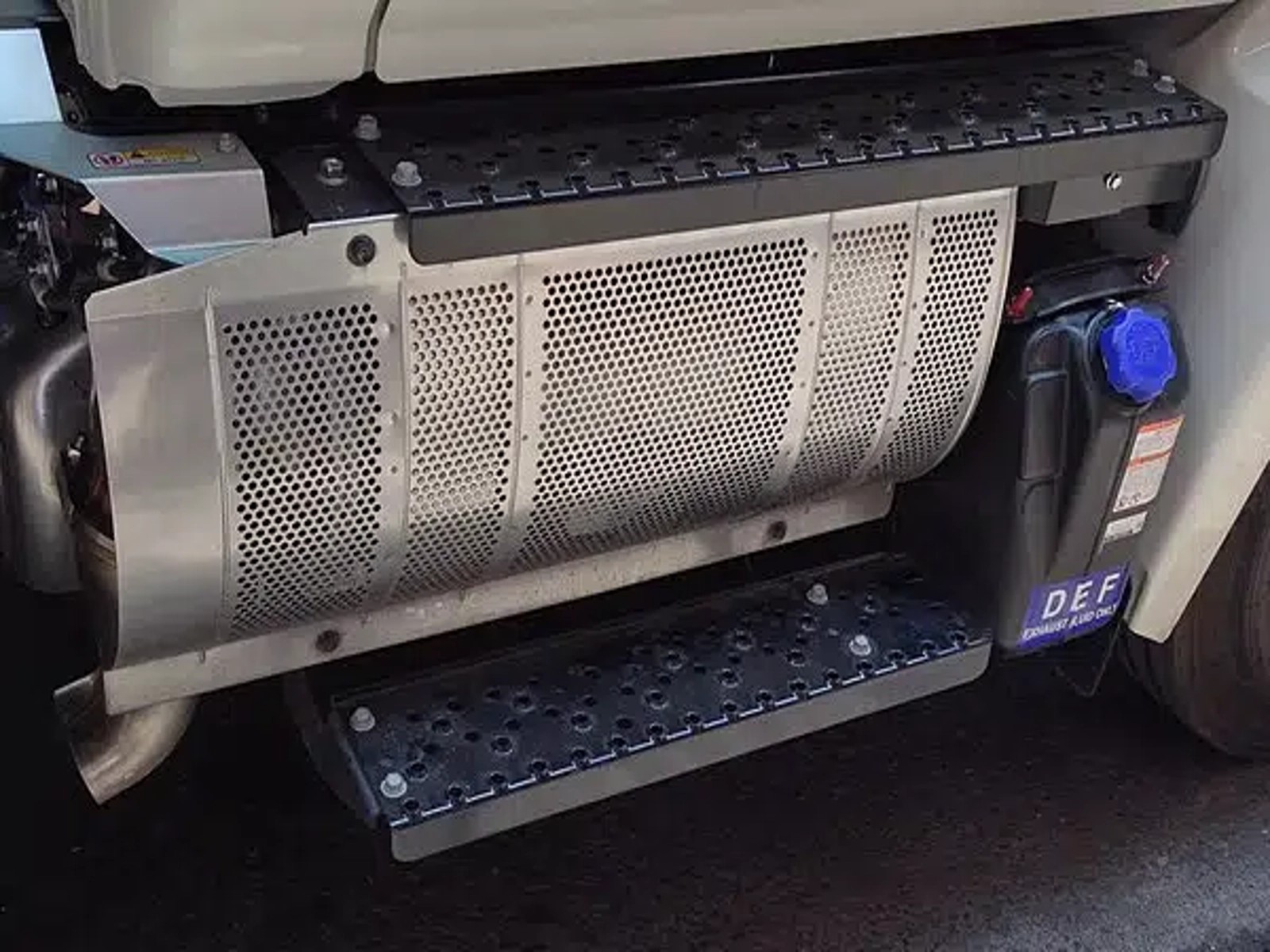In recent years, the automotive industry has witnessed a significant shift towards cleaner and more environmentally friendly technologies. Diesel engines, known for their efficiency and power, have undergone substantial advancements to meet stringent emission standards. One crucial component contributing to this progress is the diesel exhaust fluid tank (DEF) tank. In this blog, we will explore the importance of DEF tanks, their role in reducing emissions, and how they contribute to a more sustainable future.
Understanding Diesel Exhaust Fluid (DEF)
DEF is a non-hazardous, colorless liquid composed of urea and deionized water. It plays a crucial role in selective catalytic reduction (SCR) systems, which are designed to reduce nitrogen oxide (NOx) emissions from diesel engines. The DEF tank is an integral part of the SCR system, working in tandem with the engine to achieve cleaner and more efficient combustion.
How DEF Tanks Work
The DEF tank stores the fluid, which is then injected into the exhaust stream before it reaches the catalytic converter. When the DEF is exposed to the high temperatures in the exhaust system, it breaks down into ammonia and carbon dioxide. The ammonia reacts with the NOx emissions, converting them into harmless nitrogen and water vapor. This process significantly reduces harmful emissions, making diesel engines compliant with stringent environmental standards.
Benefits of DEF Tanks
- Emission Reduction: The primary purpose of DEF tanks is to minimize NOx emissions, a major contributor to air pollution. By incorporating DEF systems, diesel engines can meet or exceed emissions standards, ensuring a cleaner and healthier environment.
- Improved Fuel Efficiency: SCR systems, coupled with DEF tanks, contribute to better fuel efficiency by optimizing the combustion process. This not only benefits the environment but also helps vehicle owners save on fuel costs over time.
- Engine Longevity: Reduced NOx emissions lead to less wear and tear on the engine components, resulting in an extended lifespan for diesel engines equipped with DEF systems.
- Regulatory Compliance: Many regions around the world have implemented strict emission standards for vehicles. DEF tanks enable diesel engines to comply with these regulations, preventing fines and legal complications for vehicle owners and manufacturers.
Maintenance and Best Practices
To ensure the effective operation of DEF tanks, regular maintenance is crucial. Here are some best practices:
- Quality DEF: Always use high-quality DEF to prevent contamination and ensure optimal performance.
- Proper Storage: Store DEF in a cool, dry place away from direct sunlight. This helps maintain its purity and effectiveness.
- Cleanliness: Keep the DEF tank and surrounding areas clean to avoid contamination during refilling.
- Regular Inspections: Periodically inspect the DEF tank, hoses, and connections for any signs of damage or leaks. Address any issues promptly to prevent system malfunctions.
